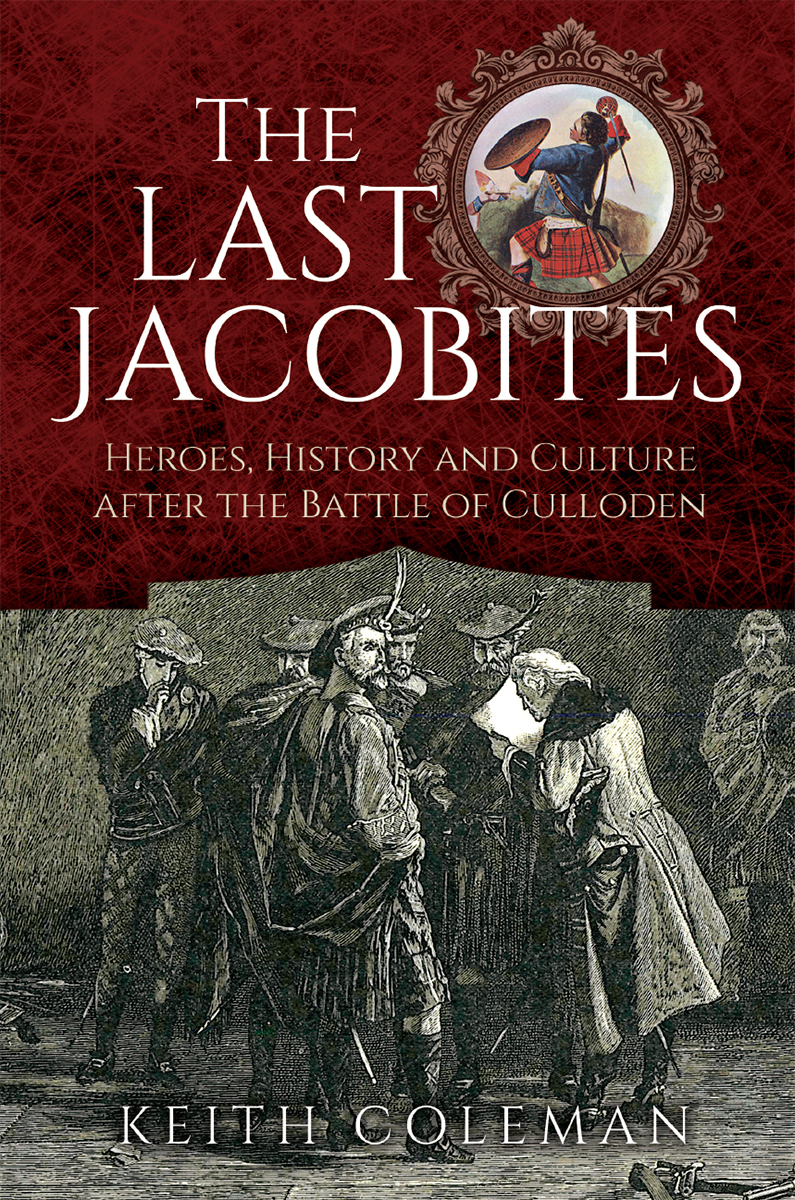Product desciption
The Last Jacobites Heroes History And Culture After The Battle Of Culloden Keith Coleman by Keith Coleman 9781399045629, 1399045628 instant download after payment.
For most people, the story of the Jacobites perished on a bitter April day in 1746 when their hopes of restoring the exiled Stuart monarchy at the battle of Culloden were crushed. Beyond this military defeat, which marked the end of the ’45 rebellion, there were surviving embers who kept alive the cause for some time. For some years, Prince Charles Edward Stuart (Bonnie Prince Charlie) and his exiled supporters plotted with European powers to restore his banished house and regain the British throne, but there was never again a military attempt to oust the Hanoverians who displaced his lineage.
In Europe, Jacobite networks flourished in France, but also in Scandinavia and were influential in spreading Masonic ideas in the areas they operated. Exiles joined the military as far afield as Spain and even Russia, while others formerly loyal to the cause found themselves in the New World, either banished by the British state or willing emigrants hoping for a better life....
For most people, the story of the Jacobites perished on a bitter April day in 1746 when their hopes of restoring the exiled Stuart monarchy at the battle of Culloden were crushed. Beyond this military defeat, which marked the end of the ‘45 rebellion, there were surviving embers who kept alive the cause for some time. For some years, Prince Charles Edward Stuart (Bonnie Prince Charlie) and his exiled supporters plotted with European powers to restore his banished house and regain the British throne, but there was never again a military attempt to oust the Hanoverians who displaced his lineage.
In Europe, Jacobite networks flourished in France, but also in Scandinavia and were influential in spreading Masonic ideas in the areas they operated. Exiles joined the military as far afield as Spain and even Russia, while others formerly loyal to the cause found themselves in the New World, either banished by the British state or willing emigrants hoping for a better life. Ironically, most of the latter supported the British Empire and faced further hardship in the aftermath of the American War of Independence, finding themselves as losers in two major historic upheavals.
Jacobitism arose again as a romantic ideal in the 19th century, surprisingly revived by the Hanoverian royal family, which had displaced the Stuarts. The cult of Highland Scotland was spearheaded by Queen Victoria, who saw herself as the embodiment and successor of the Jacobites. Towards the end of her reign, political Jacobitism became a fringe element in British politics, energised Scottish nationalism and became an element in that country’s artistic renaissance.
The question of what Jacobitism means to different people in different ages is not an easily answered question. Even in its early days, the movement was not simply a political monarchist group devoted to restoration of a shattered dynasty. Its adherents and some of its detractors recognised some mysterious attraction in its ideals and its symbolism. Which other British royal cult survived so long and inspired a succession of Pretenders devoted to the doomed romance of a long-vanished line of monarchs?


